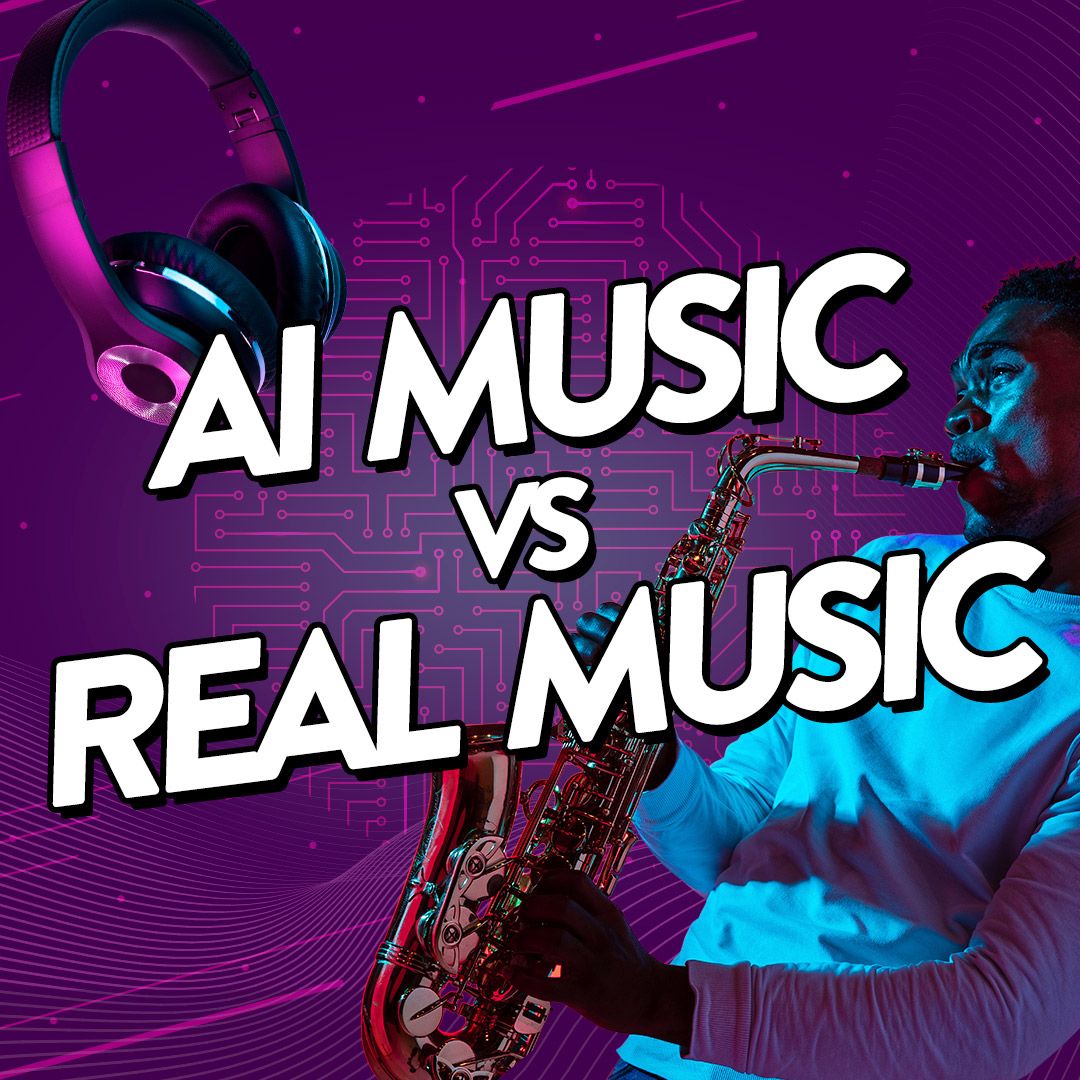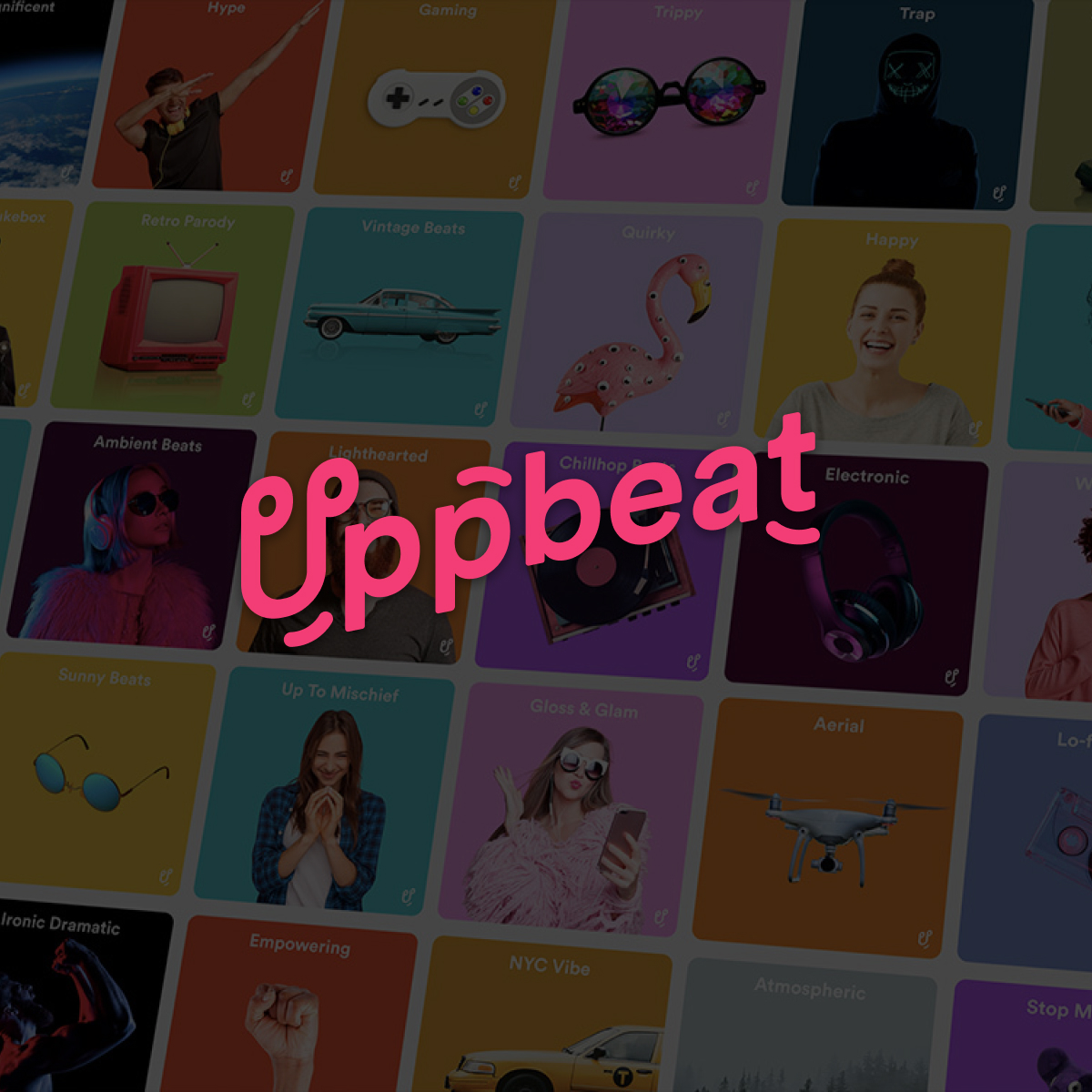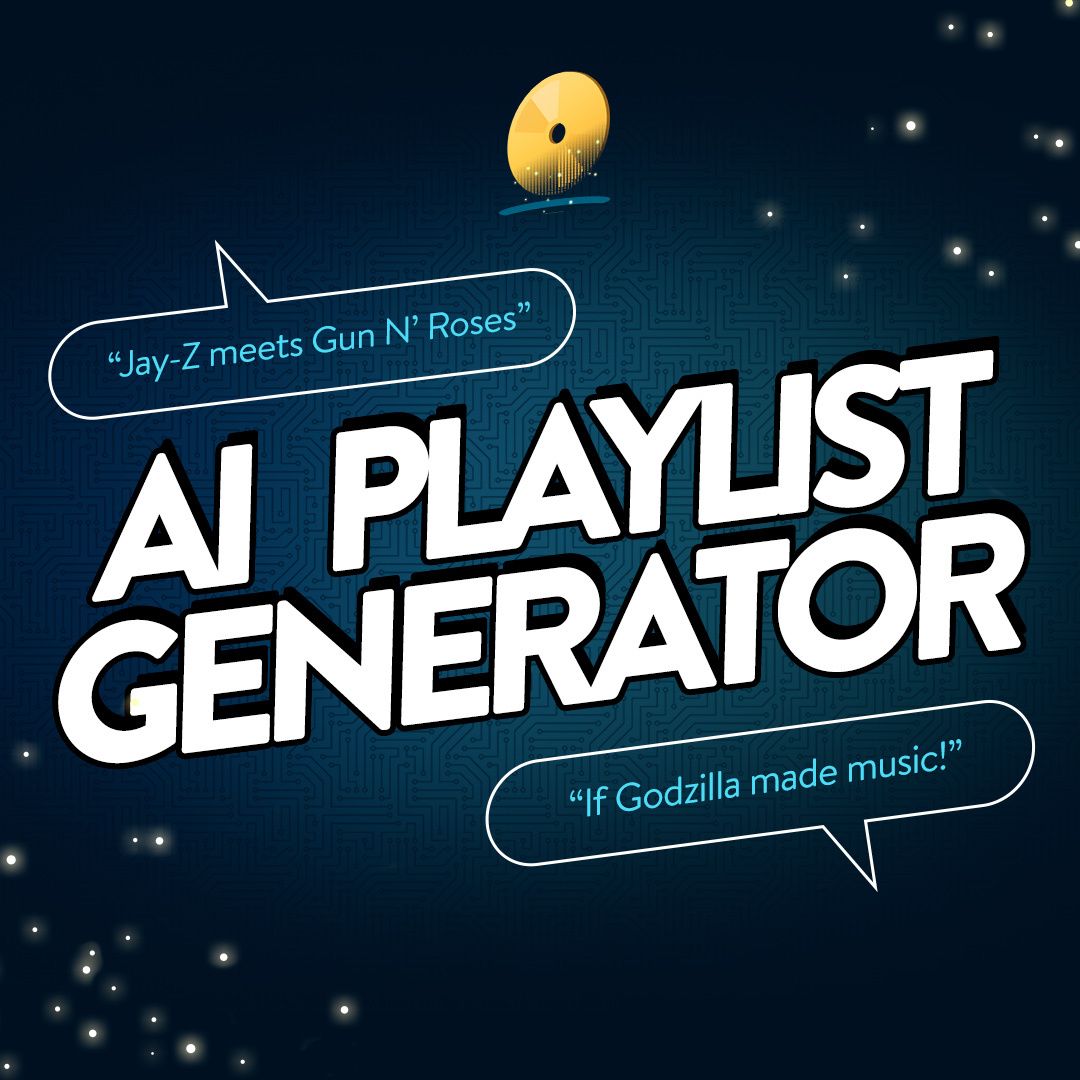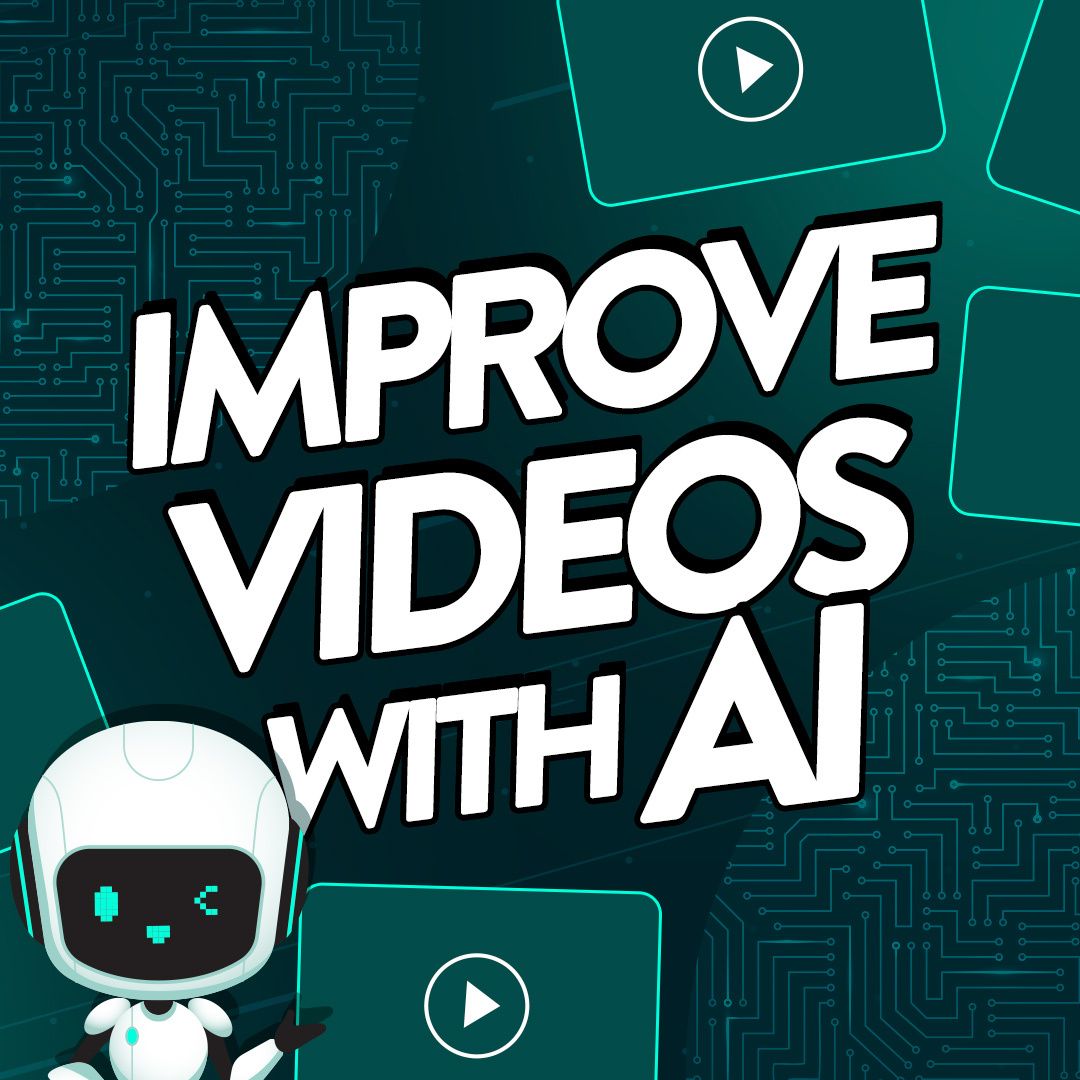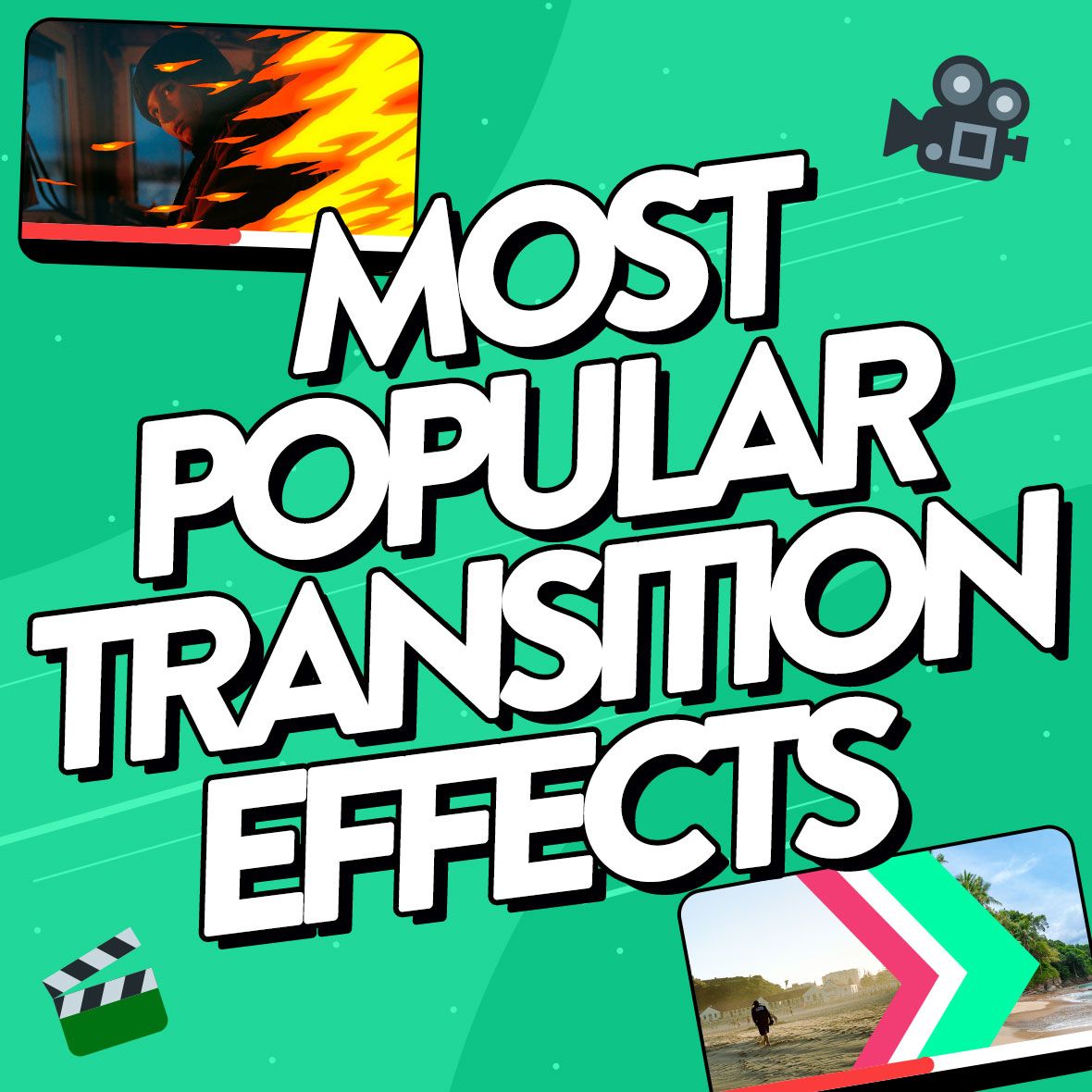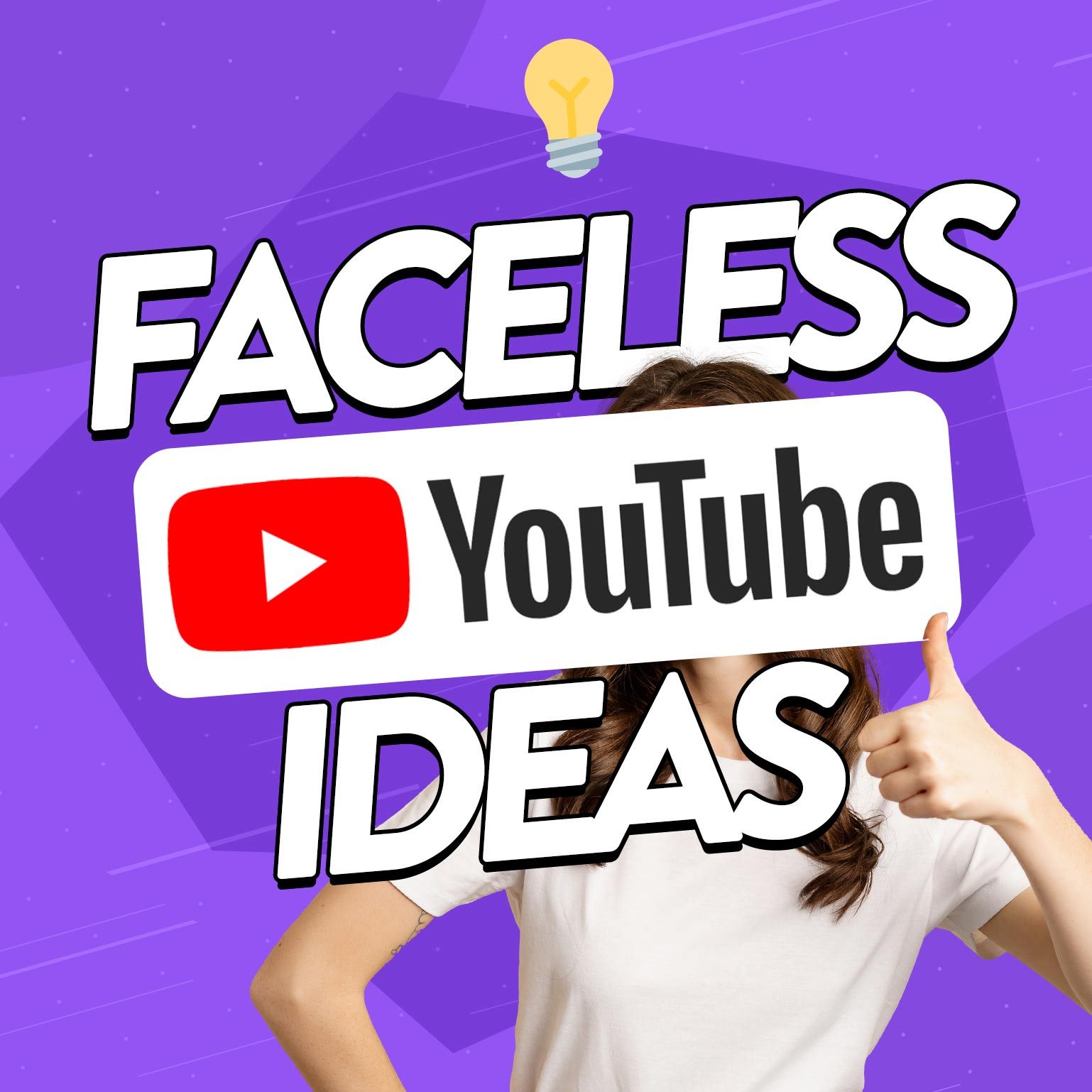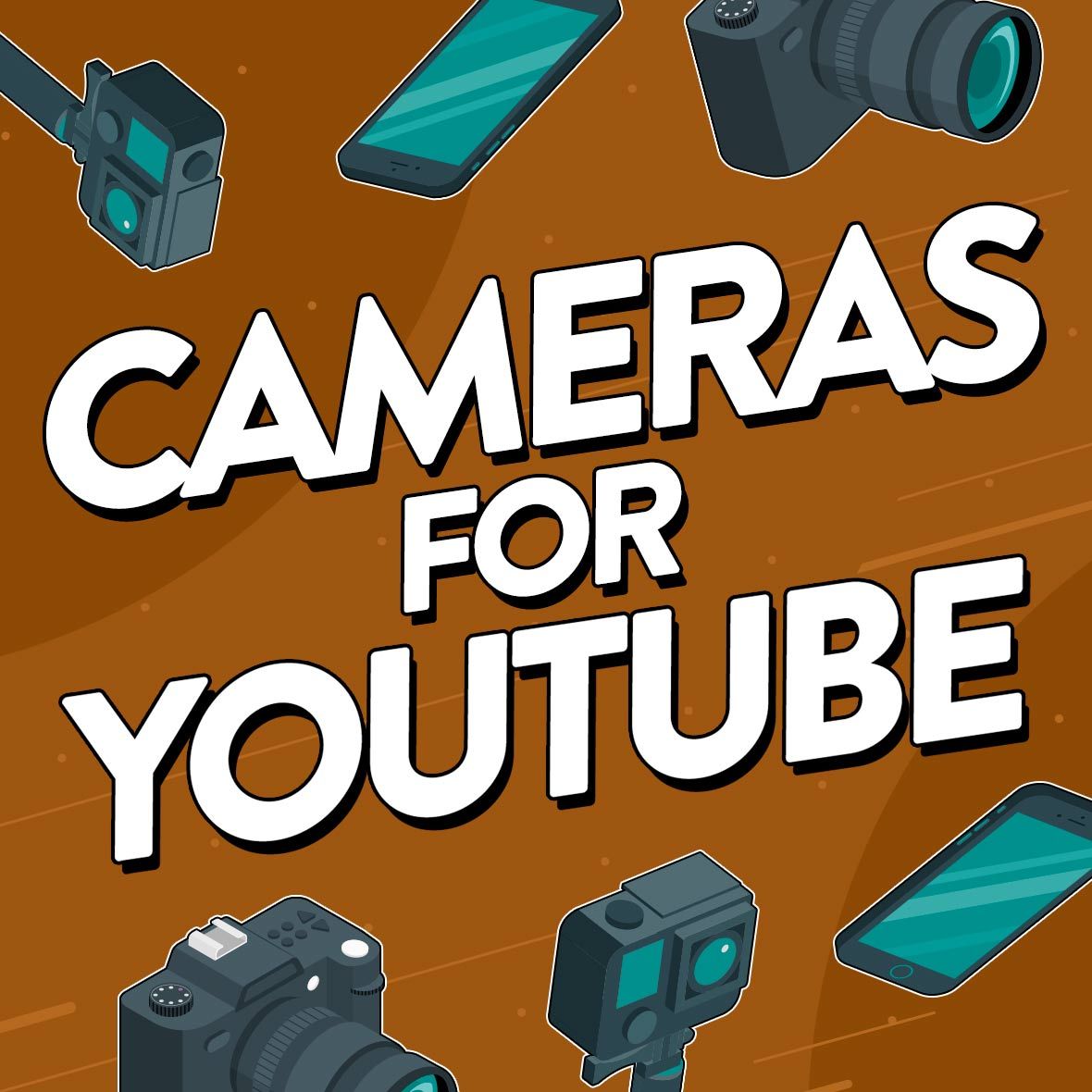Artificial intelligence has opened the door to an exciting new world of possibilities for content creators and artists. It can save you time, fire off new ideas, and even promises to produce entirely original music for your videos.
The question is, are we reaching a point where AI-generated music could be taking over? Could it create a Hans Zimmer soundtrack or a Pharrell Williams pop hit without the gargantuan costs of hiring massive stars? And where do AI’s new capabilities leave the talented musicians on music platforms like Uppbeat?
With so many new AI-powered programs out there, you might not know where to start. On top of that, the quality of AI music can be hit or miss. And that’s without considering the risk of potential legal issues.
We’ve run our eye over the AI music tools catching the attention of content creators. Read on to discover if they’re worth your time, how AI music compares to real artists, and whether using it could cause problems for your channel later down the road.
- AI music: explained
- How creators can use AI music
- The downsides of AI music
- Will AI music take over from real musicians?
- AI-generated music: Gamechanger or tool?
What is AI music?
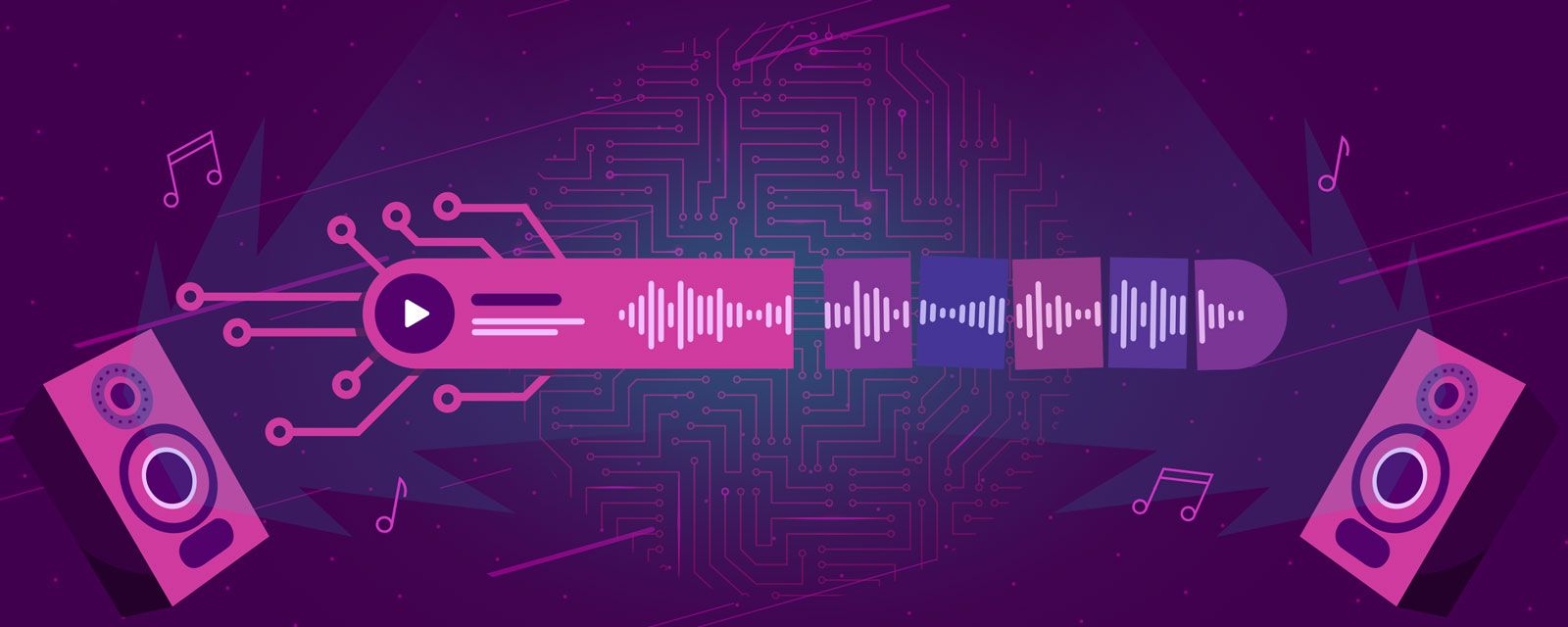
In a nutshell, AI music is any track or composition created by using artificial intelligence. This just means AI programs have used clever algorithms to produce parts of a track, or even an entire piece of music. AI can do this by taking existing samples to create something new, or it can learn how to compose an entirely unique piece of music from scratch.
Sample-based AI music: Mash-up or mess?
Wouldn’t it be great to treat AI as your personal musical alchemist, mixing together samples to create something just for you. A lot of AI Music tools do exactly that, although they are severely limited by the quality of the samples they own and how many they use.
Platforms like Boomy, Beatoven.ai, Soundful, and Soundraw all promise AI-generated music. But they share the same problem. You can only change a handful of variables, so the AI music you generate is likely to sound similar to what other users are creating!
Another AI tool doing things slightly differently is AIVA. It gives you predefined music styles and genres to select from, and then lets you edit the composition with the help of AI. It’s like having a professional producer alongside you!
The big problem with sample-based AI music is the poor quality of the music itself. You’ll typically find tracks are composed from short, basic clips or stems. These are then mixed together by AI to form a single piece of music. Put it this way, they’re not tracks you’ll hear on the Billboard Hot 100 any time soon!
AI-generated music: The future of music?
When you imagine AI music, the dream scenario is a computer program capable of composing entirely new pieces of music. We’re not at the stage where AI can be Mozart and The Beatles rolled into one, but it feels like that’s where it’s heading.
AI-generated music is created through a process called deep learning. This basically means AI is fed huge databases of music and learns how to create something new from them. Right now, there aren’t many programs that use this method. And it's notable that the biggest two, Google’s MusicLM and Jukebox by OpenAI, haven’t been fully released to the public for a couple of reasons.
The first reason is quality. Both Jukebox and MusicLM have released samples of the AI music they’ve generated, but it only takes a quick listen to discover they’re not quite Bruno Mars or Adele. The mixing of tracks often sounds strange, while AI’s inability to incorporate vocals makes for weird, almost nightmarish songs.
Even if the quality was there, the main reason AI-generated music isn’t publicly available yet is the huge potential for copyright infringement. We’re already seeing AI-generated collabs featuring massive artists like Drake and The Weeknd, with record companies threatening to issue takedown requests for anyone infringing on their copyright.
Even AI-generated music that doesn’t explicitly namecheck mega stars is likely to contain snippets of copyrighted compositions. This opens up the prospect of legal problems for anyone using these tracks.
What makes AI music exciting for content creators?
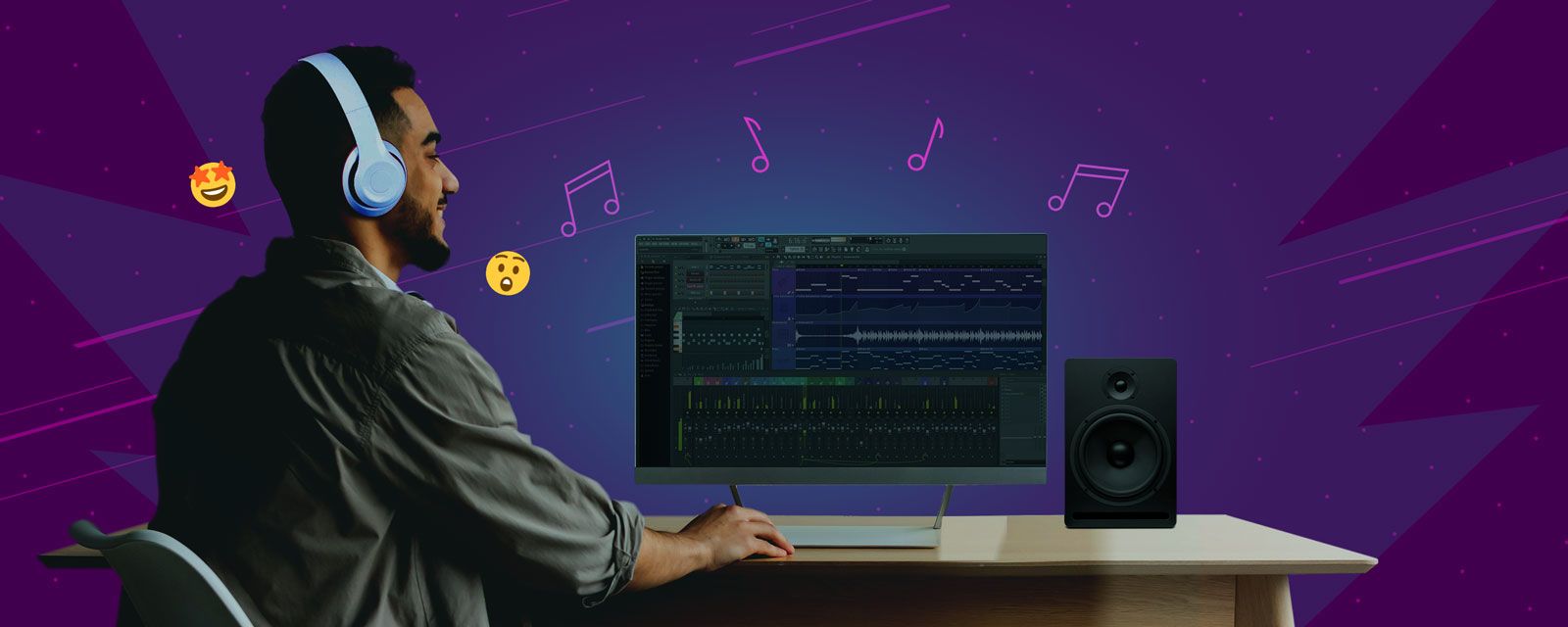
Anything promising to make the lives of creators easier has got to be exciting! In the same way tools like ChatGPT are changing how creators approach making content, there are AI tools claiming they can easily create new music for your videos.
You can customize music - AI tools like Boomy and Soundraw let creators customize tracks, meaning you can play around with music until it fits the style and tone of your content. With no musical experience whatsoever, you can pretty much create your own soundtrack!
AI tools are widely available - No matter what budget you have to play with, you can find an AI music program to suit. Beatoven.ai and Soundful both give you the option of downloading limited customized tracks for free, although most platforms will charge if you want to use their full capabilities.
AI is only going to get better - It’s likely we’ve only scratched the surface when it comes to what you can create with AI. It’s entirely possible there will be a point when creators are able to produce completely original music, although we’re not there just yet!
Why creators should be cautious with AI music
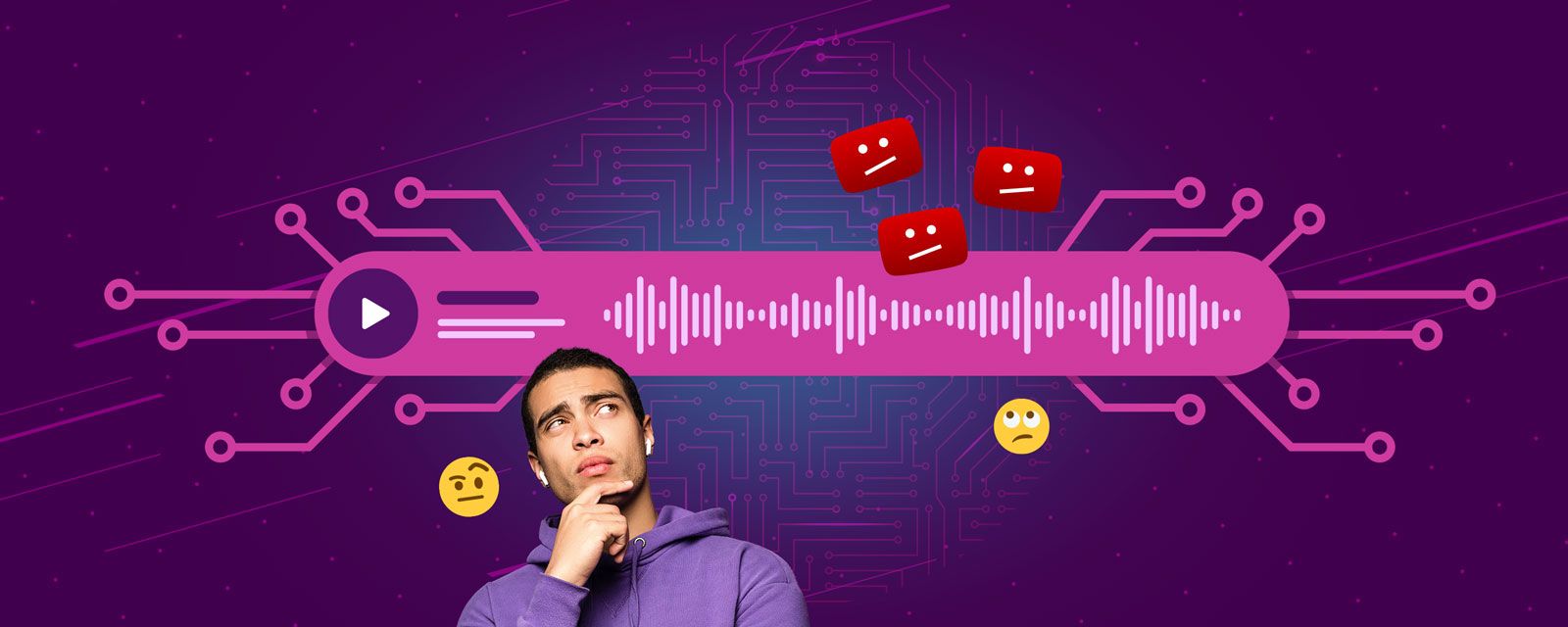
To put it bluntly, AI simply isn’t as capable as human musicians. Consider how AI can’t create mind-blowing YouTube videos or entertaining TikToks like content creators can. It struggles to make great music in much the same way.
To reach that level, AI would need to replicate each step of the music production process; writing, performance, production and mastering. Right now it can do a basic job of each, but there’s really no competition when you compare it with the awesome artists on Uppbeat!
AI music composition is basic - While there are tools creating AI-generated music, their compositions are pretty simple when compared to their human counterparts. Don’t take our word for it, there have already been studies showing that AI music is inferior to music composed by humans.
AI takes elements from real music - Whether AI is creating music by mixing together samples or using deep learning to generate new tracks, it’s still essentially copying human works of art. The simple fact is AI music will almost certainly contain unoriginal elements, meaning there’s a real risk of copyright infringement!
Major record labels are already taking action against AI-generated songs. Universal Music Group has sent takedown requests to streaming platforms like Spotify and Apple over AI-generated songs.
AI music doesn’t credit musicians - Deep learning AI takes elements from existing pieces of music, but there isn’t yet a way of crediting the original artists. It’s a bit like someone using a clip from your video in their own content and not giving you the credit. It’s not fair on the original creators and could also result in copyright issues later down the line.
AI struggles with music production - AI music has a long way to go before it can reach the production levels of humans! You only need to compare the tracks produced by the likes of Jukebox and MusicLM with Uppbeat’s library to see how weird AI music can sound.
AI can’t replicate human expression - Music is a form of human expression, which is why we love it so much! The emotional aspect of composing and performing music is difficult for AI to replicate. It’s a long way off being able to compose feel-good party bangers or touching ballads that tug at the heartstrings. Right now, AI music just sounds robotic!
Is AI getting ready to take over from musicians?
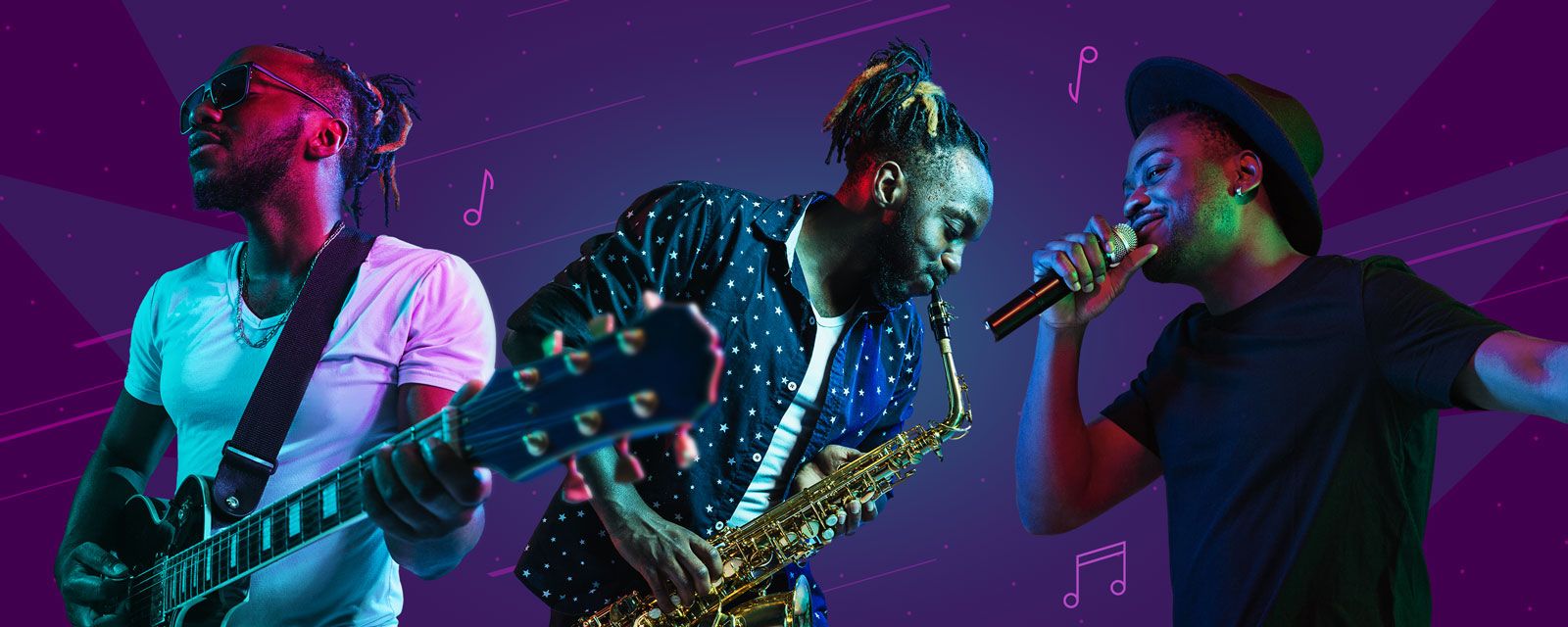
It’s pretty impressive that AI can generate a track in seconds. There are plenty of people that see this as an obvious threat to the artists that devote time and care into creating music. But that threat feels some ways off as there are still tons of issues with AI-generated music.
It can’t replicate the emotion and quality of music produced by people who are dedicated to their craft. And seeing as AI music is essentially haphazardly borrowing from human-made compositions anyway, there really is no substitute for real music!
That’s not to say AI has no place in the world of music production. AI-powered tools can improve the production process and allow musicians to unleash their creativity.
Take Moises for example, which allows you to isolate vocals or find your perfect key using AI. In the same way sampling and synthesizers were once seen as a threat to real musicians, we see AI becoming an extra instrument for artists to master.
Here at Uppbeat, we’re committed to supporting our talented artists as they continue to produce incredible music for creators. After all, real music is the best way to elevate real content!
AI-generated music: Gamechanger or tool?
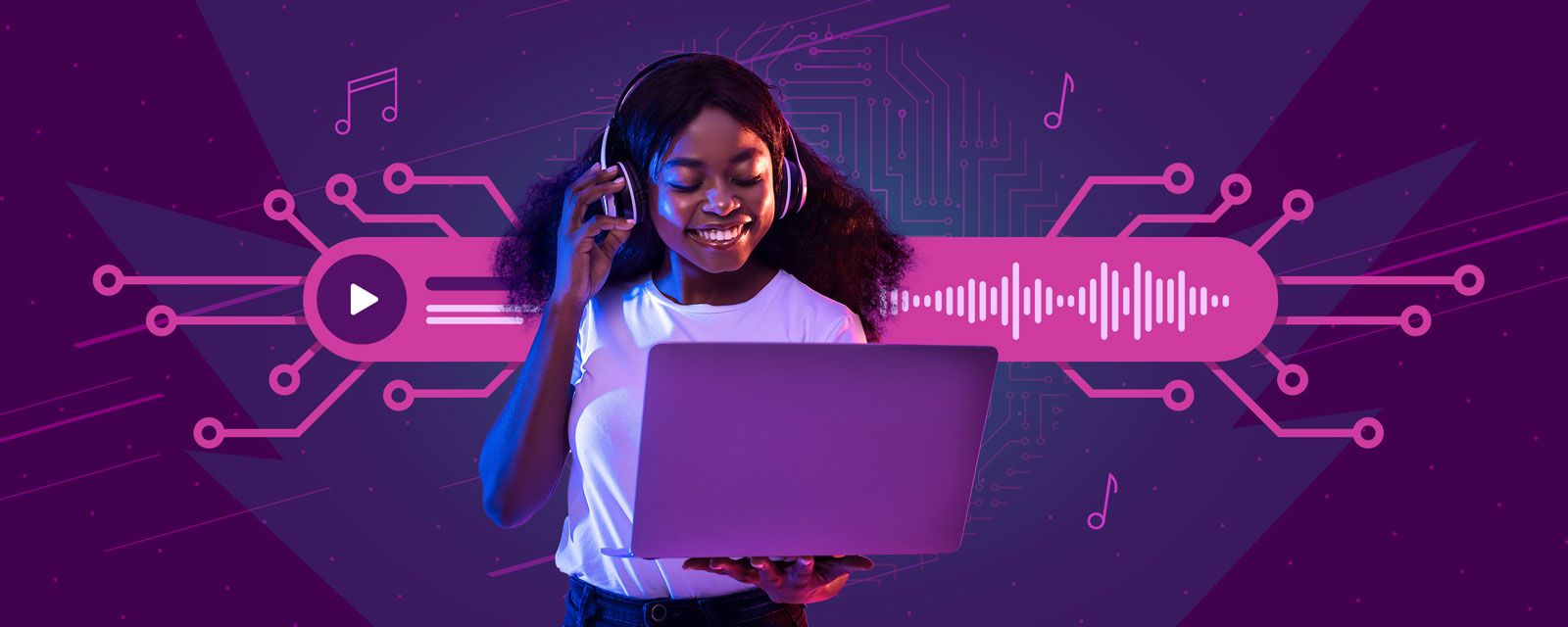
The prospect of AI creating bespoke soundtracks for your videos is exciting, but the trade-off is the poor quality of the music itself. Artificial intelligence is no match for humans when it comes to writing, performing, producing and mixing great music. Basically, there’s no danger of AI music selling out arena tours or soundtracking Hollywood blockbusters any time soon.
You only need to compare the downright creepy compositions on Jukebox.ai with the human-created music on Uppbeat to see the difference. And that’s before you consider the prospect of getting copyright claims from AI music. Or using tracks that sound the same as other creators’ because they draw from the same small pool of samples.
While we’re still a long way off from AI creating music you’d actually want to use in your videos, AI can still make life easier for both content creators and musicians. As an example, we’re looking at ways AI can improve Uppbeat for creators. For the time being, why not head to Uppbeat and discover some of the awesome real music you can add to your videos!

